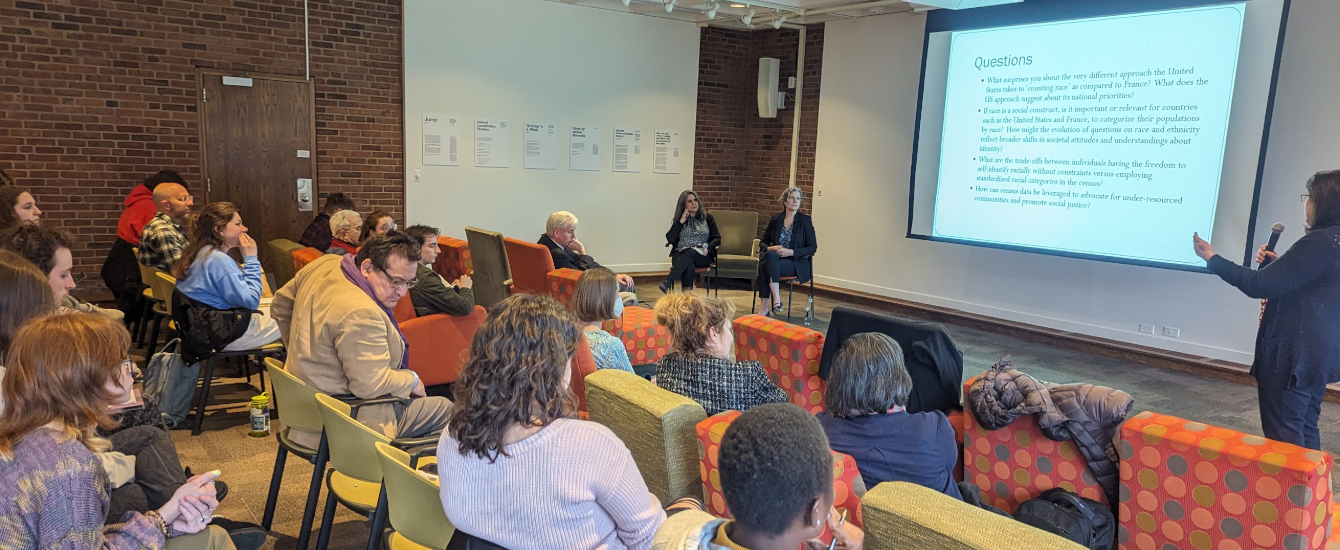Research Collaboratives

Research Collaboratives
Our Current Research Collaboratives
The Higgins Institute currently sponsors and supports three research collaboratives. The Digital Humanities collaborative merges technology with humanities research, leveraging digital tools for the study of history, language and literature, the arts, and culture. Early Modernists Unite connects scholars of medieval and early modern Europe and America, offering a public lecture series titled Roots of Everything that links historical insights to contemporary issues. The Environmental Humanities collaborative explores the intersection of environment, culture, and society, addressing pressing global climate challenges through an arts and humanities lens. Together, these collaboratives drive forward-thinking research, public engagement, and dynamic teaching practices.
Our Research Collaborative Membership Policy
Membership in the Higgins Institute Research Collaboratives is open to all Clark faculty members and faculty members in the HECCMA Consortium. While our primary focus in our research collaboratives is on faculty development and support, we recognize the importance of inclusive academic growth. Therefore, we offer selective access to our events, programs, and resources to Clark staff, graduate students, and undergraduate students. This access is designed to enhance their educational experience, promote mentorship opportunities, and encourage their participation in scholarly activities. Our goal is to create a vibrant intellectual community that benefits from diverse perspectives and contributions, while maintaining a strong emphasis on faculty-led research and innovation.
Alice Coonley Higgins Institute for Arts and Humanities
-
Higgins Institute
Clark University
950 Main Street
Worcester, MA 01610 - 1-508-793-7479
- HigginsInstitute@clarku.edu
-
Dana Commons, Second Floor
36 Maywood Street
Worcester, MA 01603 -
Monday through Friday
9 a.m. to 4 p.m.Please note that the Institute operates remotely on Monday and Friday.
